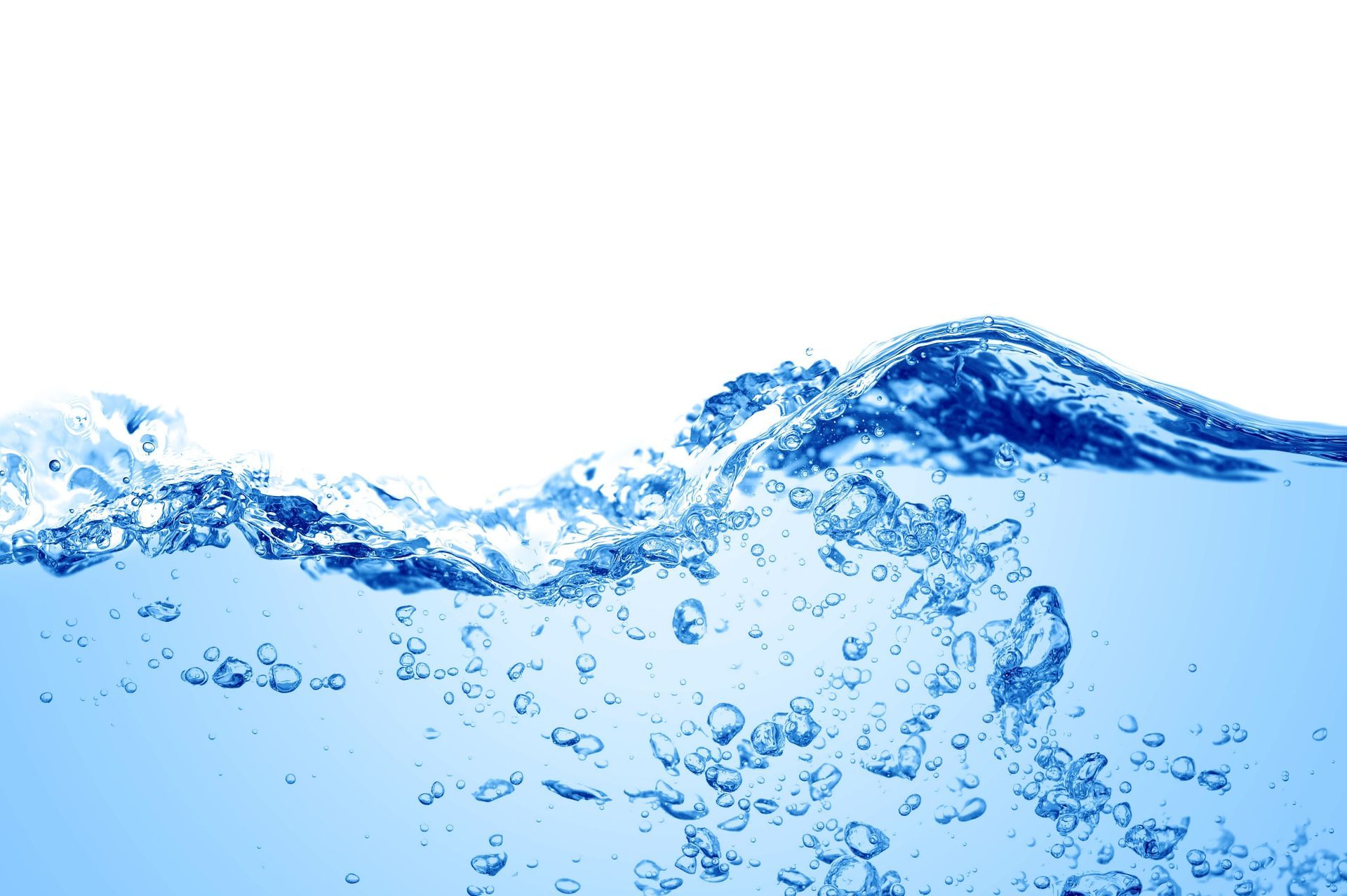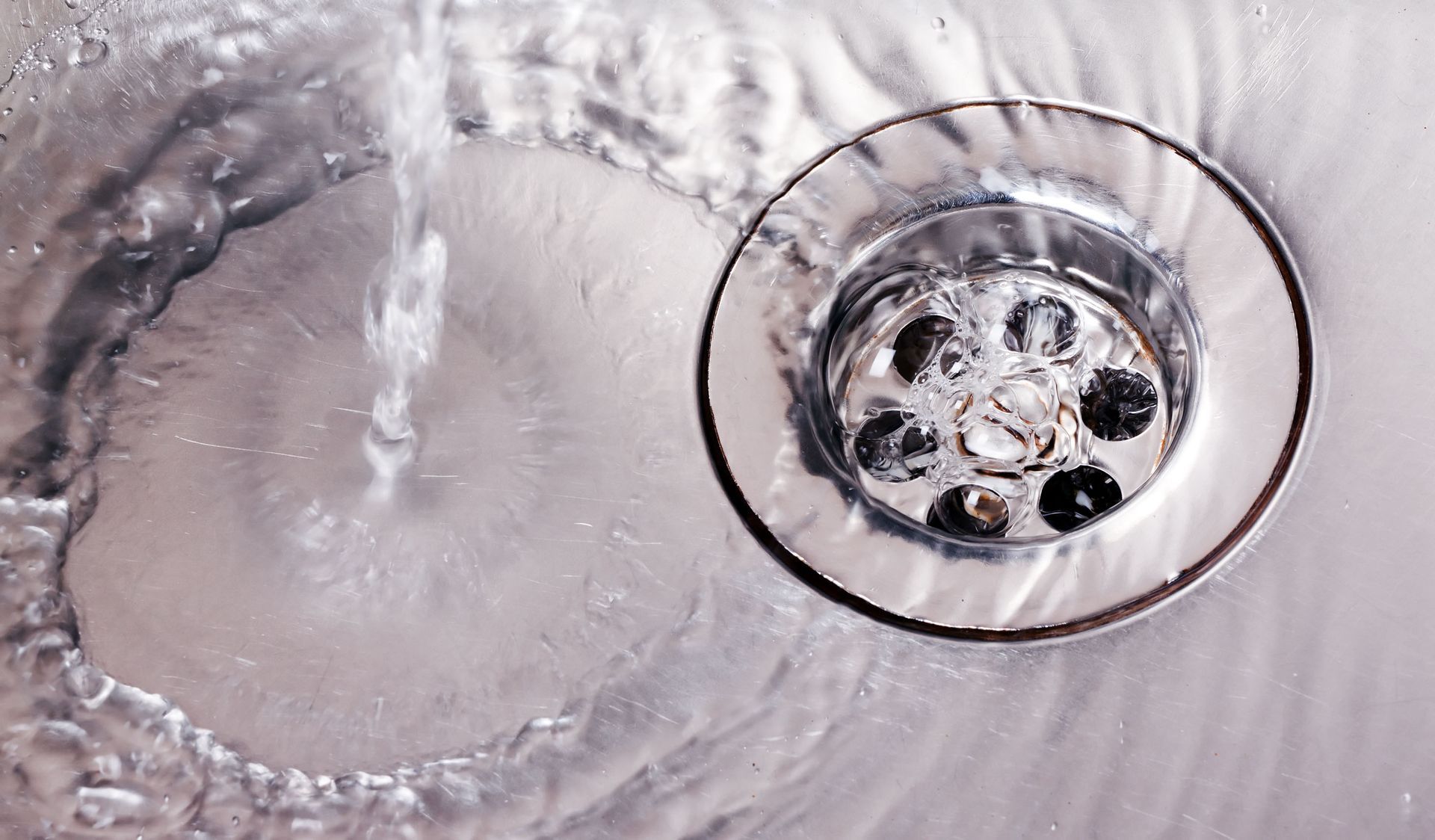November 5, 2025
Water treatment is an essential practice for maintaining safe and reliable water supplies, protecting public health, and supporting sustainable environmental management. Advances in technology, scientific understanding, and operational methodology have dramatically improved the effectiveness and efficiency of modern water treatment systems. With increasing urbanization, industrial activity, and environmental pressures, communities are more dependent than ever on professional water treatment services to ensure access to clean, safe water. These systems not only safeguard human health but also contribute to long-term environmental sustainability and resilience. By partnering with skilled water treatment providers, municipalities, businesses, and households can optimize system performance, reduce costs, and ensure regulatory compliance.
Advancing Membrane Filtration for Reliable Water Treatment
Membrane filtration technologies have become a cornerstone of modern water treatment, offering precise and highly effective removal of contaminants. Nanofiltration membranes target specific ions and small organic compounds, ensuring treated water consistently meets stringent quality standards. These membranes are particularly effective at removing pesticides, heavy metals, and trace industrial chemicals that traditional filters may miss. Innovations in reverse osmosis (RO) have further enhanced durability, efficiency, and resistance to fouling, which reduces maintenance costs while delivering high-quality water. Ultrafiltration membranes provide a robust barrier against suspended solids, bacteria, and other pathogens, offering an additional layer of safety in municipal and industrial water systems. By integrating advanced membrane technologies, professional water treatment providers can guarantee consistent water quality, optimize energy usage, and extend the lifespan of treatment infrastructure.
Innovative Chemical Approaches Improving Water Treatment Effectiveness
Chemical water treatment continues to play a vital role in maintaining safe, potable water supplies. Advanced Oxidation Processes (AOPs) degrade persistent pollutants, such as pharmaceuticals, industrial byproducts, and endocrine-disrupting compounds, that conventional methods cannot remove. Electrochemical water treatment offers a sustainable alternative to traditional chemical dosing by utilizing electrical currents to break down impurities, minimizing environmental impact while achieving excellent purification results. Innovations in coagulants and flocculants improve particle aggregation, turbidity removal, and overall water clarity, reducing downstream filtration requirements and enhancing operational efficiency. Professional water treatment providers carefully select and calibrate these chemical treatments to ensure safety, regulatory compliance, and environmental responsibility. By combining chemical and physical treatment methods, modern systems achieve optimal water quality while supporting sustainable water management practices.
Furthermore, chemical water treatment can be fine-tuned to target emerging contaminants, such as microplastics or pharmaceutical residues, which are increasingly detected in water sources worldwide. By leveraging research-backed chemical solutions, water treatment professionals ensure that even trace pollutants are managed effectively. This precision not only protects public health but also helps communities meet increasingly strict regulatory standards for drinking water.
Biological Innovations Transforming Water Treatment Systems
Biological water treatment harnesses natural processes to improve water purification and reduce reliance on harsh chemicals. Enhanced biofiltration systems utilize microbial communities to degrade organic pollutants, remove pathogens, and improve water quality in a controlled, sustainable manner. Biofilms—complex microbial layers—act as natural filters that continuously adapt to water quality fluctuations, offering long-term reliability for both municipal and industrial systems. Microalgae are another biological solution, absorbing nutrients and contaminants while producing biomass that can be repurposed for bioenergy or fertilizers. According to Development Aid, unsafe drinking water contributes to roughly 485,000 deaths from diarrhea each year worldwide, highlighting the importance of professional water treatment services in safeguarding public health. By integrating biological innovations, water treatment providers can achieve high water quality, support environmental sustainability, and reduce operational costs over time. Additionally, these systems align with circular economy principles, turning waste products into useful resources while maintaining safe water standards.
Biological approaches also enhance resiliency against sudden changes in water quality. Unlike purely chemical systems, biofiltration systems can adapt to spikes in nutrient loads or contamination events, mitigating the risk of waterborne illnesses. This adaptability is particularly valuable in regions facing unpredictable pollution or in emergency situations where rapid response is critical. By combining biological innovation with professional management, water treatment providers deliver solutions that are both effective and sustainable over the long term.
Emerging Technologies Supporting Water Treatment Efficiency
Emerging technologies are transforming water treatment by increasing efficiency, reliability, and adaptability. Desalination methods, including forward osmosis and electrodialysis, are increasingly deployed in regions with limited freshwater resources. Forward osmosis uses osmotic pressure to separate water from dissolved salts, reducing energy consumption compared to traditional reverse osmosis. Electrodialysis selectively transfers ions through membranes using electrical potential, offering energy-efficient salt removal for smaller-scale applications. Solar-powered desalination is becoming more viable, especially in off-grid or arid regions, by utilizing renewable energy to evaporate and condense water without relying on fossil fuels. Incorporating these technologies into professional water treatment operations ensures a reliable supply of clean water even in areas facing water scarcity, demonstrating the importance of skilled providers in implementing complex, high-performance systems.
In addition, emerging sensor technologies and automated monitoring systems allow for continuous water quality assessment. Advanced sensors can detect chemical imbalances, microbial contamination, and turbidity in real-time, enabling immediate corrective actions. By integrating these technologies, professional water treatment providers can prevent small issues from escalating into system-wide failures, protecting both infrastructure and public health. This proactive approach to water treatment demonstrates how technology and expertise combine to deliver superior service and reliability.
Smart Systems Enhancing Water Treatment Performance
Smart water treatment systems are transforming operations through digital integration and automation. IoT-enabled monitoring allows continuous real-time data collection, enabling immediate detection of anomalies and proactive system management. Automation optimizes water treatment processes, adjusting parameters in response to changing water quality conditions, reducing energy consumption, and minimizing waste. Predictive analytics leverage historical data to anticipate maintenance needs, preventing costly downtime and ensuring uninterrupted service. Cybersecurity measures are also critical, safeguarding sensitive infrastructure from potential threats and maintaining continuous water supply. By integrating these advanced technologies, professional water treatment providers can deliver reliable, high-quality water while improving operational efficiency and compliance with regulatory standards.
Smart systems also allow water treatment providers to optimize resource allocation, managing energy and chemical usage more effectively. Automated reporting and remote monitoring reduce the need for constant on-site oversight while ensuring compliance with environmental and health regulations. These capabilities demonstrate the value of professional expertise in integrating advanced technologies into everyday water management, improving both performance and cost-effectiveness.
Sustainable Solutions Driving the Future of Water Treatment
Sustainability is a central focus in modern water treatment, combining ecological preservation with public health protection. Green infrastructure, such as constructed wetlands, rain gardens, and vegetated swales, naturally filters stormwater, mitigates urban runoff, and supports biodiversity while reducing strain on centralized water systems. Water reuse and recycling practices treat wastewater for non-potable applications, such as irrigation or industrial processes, conserving freshwater resources. These systems can also be upgraded to produce potable water when needed, providing a reliable supply in water-scarce areas. Reducing energy consumption, transitioning to renewable energy, and minimizing water loss through real-time monitoring and leak detection all contribute to lowering the carbon footprint of water treatment operations. By embracing sustainable practices, professional water treatment providers ensure efficient, environmentally responsible water management that meets the growing demands of urbanization and climate resilience.
Effective water treatment continues to evolve, combining advanced technology, chemical and biological innovations, smart systems, emerging technologies, and sustainable practices to deliver safe, reliable, and environmentally responsible water management solutions. Professional water treatment providers ensure communities have access to clean, safe water while supporting long-term ecological sustainability, public health, and regulatory compliance. By investing in and partnering with experts, municipalities and industries can optimize water treatment systems for efficiency, reliability, and future-ready performance. Reach out to Affordable Water Freeport for expert guidance and comprehensive water treatment solutions tailored to your community's needs.





